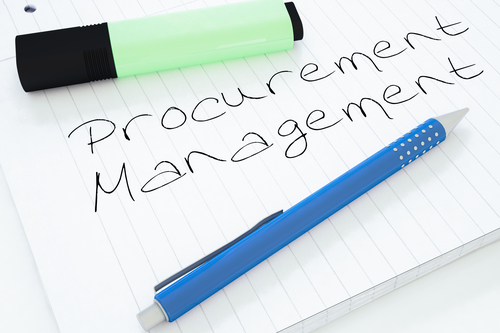Increasing energy prices are a major concern for some businesses that highly rely on machines and various pieces of equipment to do their everyday activities. Energy pricing affects the profit margin of some businesses and to make sure that they will be able to keep up with it, they track energy prices closely, particularly oil and gas. But how do changes in the prices of energy affect your procurement strategy?
Most procurement professionals recognize that energy prices have an impact on their businesses. For instance, the company’s track capacity is not enough to meet their needs and the price of diesel fuel is increasing. Transportation is usually the most under-scrutinized and overlooked cost area in a company. Surveys often show that transportation is considerably the largest part of overall logistics cost. Companies spend ten percent of their overall budget on logistics and as mentioned, transportation is the biggest part of it. Business owners should attack what’s possibly the best area for savings. Looking for a more effective procurement strategy or being willing to try other solutions and alternatives is a must in order to continue operating in the uncertain and constantly changing world.
A poor procurement strategy decision can be expensive. If you have to estimate a product’s cost years in advance for your company’s marketing brochure, you might need to know beforehand what the price of a certain commodity is going to be. Should certainty be your main priority, you may want to use a fixed procurement strategy. This particular strategy is designed to give price certainty so that any movement in the energy market will not have an impact on the price you need to pay.
There may be a need for you to protect an upper cost to let you create a budget in advance while having the confidence that you are not going to breach this cost and letting you achieve the ultimate goal of beating the budget you have set for the company. Basically, your procurement model aims to improve your budget. If budget protection is your main concern, you might want to consider a capped procurement strategy. It is designed to provide protection against increasing markets, allowing you to work on a budget while also providing you the chance to take advantage of market instability in order to improve your product’s cost.
If your business on the other hand requires you to use every choice available to optimize the cost you pay for the energy or you find it hard to accurately forecast in advance, you might want to use a variable strategy. This particular strategy is designed to offer business owners the chance to look for improvements in costs they are paying.
Energy costs fluctuate constantly, which can significantly affect the energy bills and performance of a certain company against its budget. It also has an effect on the procurement strategy that they should use. By taking a proactive approach when buying energy and using a procurement strategy that best suits their needs and budget, an organization will be able to improve its functions and reap its benefits for a long time.






